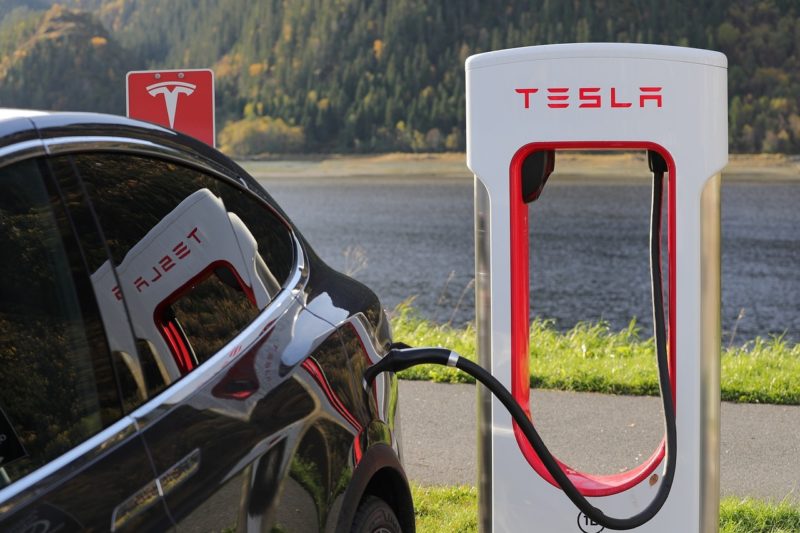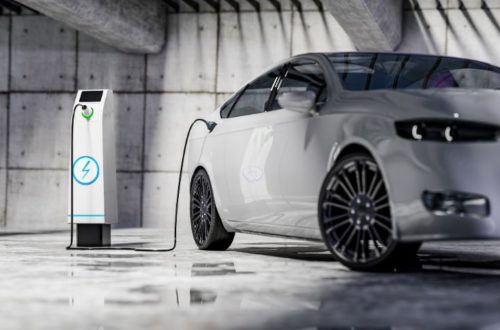Are Electric Cars the Future?

In a landscape where innovation shapes our future, one undeniable beacon of change emerges: electric cars. But why are electric cars the future? Their ascent signifies more than a mere technological evolution; it embodies a pivotal shift toward sustainable transportation, innovation in energy efficiency, and a redefined driving experience. Exploring the underlying factors illuminates not just their potential but their inevitable reign in the automotive landscape of tomorrow.
Green Vehicles
Because electric cars don’t produce exhaust gas, they have the additional advantage over diesel and petrol cars of helping improve local air quality.
There is also a trend towards adopting eco-friendly production and materials for electric vehicles. For example, Nissan Leaf and Ford Focus Electric have many interior parts made entirely out of recycled bottles, old car parts and used home appliances.
Cheaper Batteries
Researchers at the University of Michigan Transportation Research Institute have found that consumers can save up to $600 a year by switching to electric cars since it costs an average of $1117 to run a gasoline powered vehicle. The cost of batteries has come down significantly to $220 per kilowatt-hour (kWh) whereas it used to be more than a thousand dollars.
The good news is the cost is expected to go down even lower since India and China have massive plans to build infrastructures to facilitate the production of batteries. Moreover, many countries have introduced toll discounts for electric vehicles.
Good Looking Cars
There are so many good-looking cars in the market already. Some examples include Tesla Model X, Audi e-tron Quattro SUV, Mercedes-Benz EQC, Aston Martin Rapide E, Porsche Taycan, Faraday Future FF-91 and so on. Cars like these are not only cheap to run but also fast to drive.
Cheaper Maintenance
People seem to be unaware of the fact that electric cars are less expensive to maintain. An electric car has less moving parts compared to petrol and diesel cars. They don’t have expensive exhaust systems, fuel injection systems, starter motors, radiators and many other parts.
The only expense that a consumer should worry about is the battery replacement cost since batteries do wear out over time. However, most manufacturers would provide 5 to 8-year warranty for an extra cost which is justifiable.
Improved Safety
Electric vehicles, such as Tesla, have a very high safety rating. Moreover, these vehicles have different safety features that petrol and diesel cars lack. Electric cars are less likely to roll over since they have a lower center of gravity. There is a lower risk of major fires or explosion with electric vehicles, and the durability of these cars make them safer in collisions.
Easy Home Charging
Electric vehicles come with charge kits that can be plugged in at your home. Charging the car overnight makes it ready for at least 600 kilometers. All it takes is 10 seconds to plug the car in and you can just walk away. Moreover, in many countries there are government rebates and grants of up to $800 towards the installation.
Installing EV chargers at home, workplaces, or commercial properties has become increasingly practical and beneficial for various reasons. For homeowners, a personal charging station provides unmatched convenience and ensures the vehicle is always ready for use. At workplaces, offering EV charging solutions not only supports employees but also reflects a company’s commitment to sustainability. For businesses, ACP’s EV chargers for commercial properties can attract eco-conscious customers, add value to retail spaces, and help meet green building standards. Whether it’s reducing carbon footprints or enhancing the customer experience, the flexibility and financial incentives for EV charger installations make them a smart choice across all settings.
Downsides of Electric Cars
However, there are a few downsides associated with electric cars. Many people are concerned about the range a fully charged car will provide. This problem is going to disappear when manufacturers start mass production and install chargers in more places.
Maybe in the near future service stations will install electric charge stations too. Another issue is the longevity of batteries which can prove costly. But with technological advancements in the battery production, the cost will surely go down.
Conclusion
In closing, electric cars have emerged as the future of transportation for a myriad of reasons. Their pivotal role in promoting sustainability, cost-effectiveness, and sleek designs addresses pressing concerns in the automotive industry. While challenges like range and infrastructure persist, the ongoing advancements reaffirm why electric cars are the future we’re inevitably moving towards.
Would you like to receive similar articles by email?





